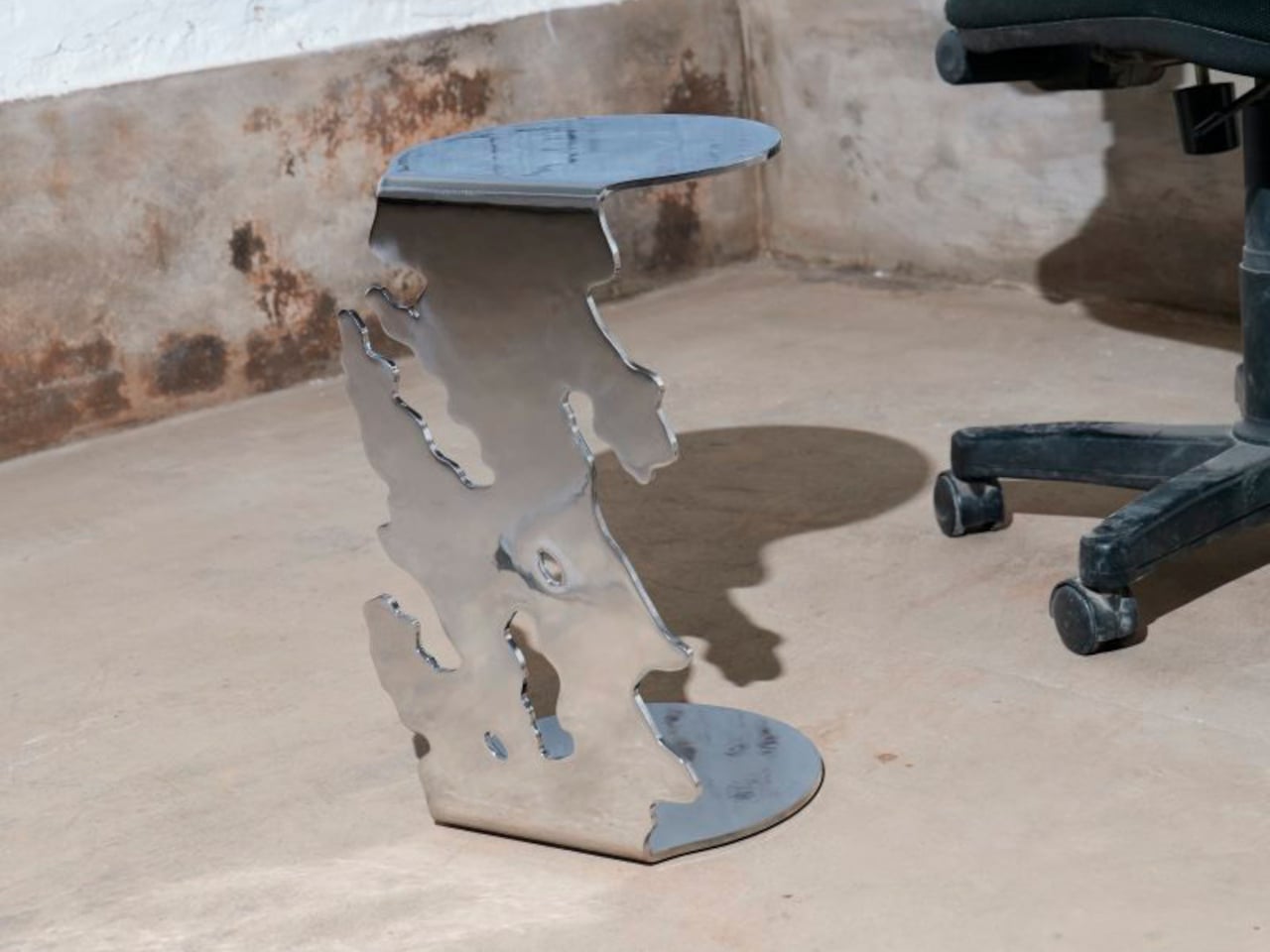Nelly Says Lawyers Must Be Punished for Filing ‘Frivolous’ Lawsuit Over ‘Country Grammar’
The star says the case, filed by one of his former St. Lunatics bandmates, is so “baseless” that the attorneys who filed it should face legal penalties.

Nelly is asking a federal judge to punish the lawyers who recently sued him over his 2000 debut album Country Grammar, arguing the case is “objectively frivolous” and should “never have been brought in the first place.”
The lawsuit, filed last year, claims Nelly (Cornell Haynes) has failed to pay his former St. Lunatics bandmate Ali for his work on the album. But in a new motion Thursday (Jan. 16), Nelly’s attorneys say those decades-old allegations are so “baseless” that Ali and his lawyers must face legal penalties for filing them.
“Plaintiff and his counsel should be sanctioned in the full amount … that Haynes has been forced to incur in defending this action,” the rapper’s lawyer Ken Freundlich writes. “That is because plaintiff’s claims should never have been brought in the first place.”
Freundlich says that if Ali’s attorneys (Gail M. Walton and Precious Felder Gates) had done “even the barest factual investigation and legal research,” they would have found fatal flaws in the lawsuit — most notably that it was filed years after the statute of limitations had expired. Instead, he says they doubled down after such shortcomings were exposed.
“Plaintiff and his counsel’s failure to withdraw their fatally flawed claims, and their insistence on pressing forward with frivolous assertions and legal arguments require a substantial sanction,” Nelly’s lawyers write. “[This is] not only to compensate Haynes for the substantial legal fees and expenses he has been forced to incur in defending this action, but also to deter plaintiff and others who would flout the Copyright Act’s rules and clear undisputed court precedent.”
In a response statement to Billboard on Thursday, Felder Gates said Ali’s legal team would “vehemently defend” against Nelly’s motion and would continue to pursue their client’s “undeniable right to be properly compensated” for his alleged work on Country Grammar: “It is both unethical and unlawful for artists and their corporate partners to exploit the creative work of writers, deceiving them out of their rightful credits and fair compensation.”
Nelly rose to fame in the 1990s as a member of St. Lunatics, a hip-hop group also composed of St. Louis high school friends Ali (Ali Jones), Murphy Lee (Tohri Harper), Kyjuan (Robert Kyjuan) and City Spud (Lavell Webb). With the June 2000 release of Country Grammar — which spent 5 weeks atop the Billboard 200 — Nelly broke away into a solo career that later reached superstar heights with his 2002 chart-topping singles “Hot in Herre” and “Dilemma.”
In a copyright lawsuit filed in September in Manhattan federal court, all four of those bandmates accused Nelly of cheating them out of compensation for contributions they allegedly made to Country Grammar. They claimed that he had “manipulated” them into falsely thinking they’d be paid, then never made good on the promises.
But a month later, the lawsuit took a strange turn: Nelly’s lawyers filed a letter warning that Lee, Kyjuan and Spud had never actually wanted to sue Nelly and that they had not given legal authorization to the lawyers who filed the lawsuit to include them as plaintiffs.
“They are hereby demanding you remove their names forthwith,” Nelly’s lawyers wrote in a letter to Walton. “Failure to do so will cause them to explore any and all legal remedies available to them.”
In November, Ali’s attorneys filed an updated version of the lawsuit listing only him as a client and vowed to fight on: “While others may have chosen to withdraw, his dedication to his artistic legacy and his rights as a creator remains unwavering,” Felder Gates said in a statement to Billboard at the time.
But in Thursday’s motion, Nelly’s attorneys argue that the case has deeper problems than simply improper plaintiffs.
They say the lawsuit was filed many years after the Copyright Act’s three-year statute of limitations had expired since Nelly had clearly “repudiated” Ali’s demand for payment years before he filed his case. And they say that when Ali’s attorneys refiled the case under just his name, they tried to sneakily remove certain dates to “hide” that fatal flaw.
“Plaintiff omits the dates of repudiation in his [amended lawsuit],” Freundlich says. “This ruse does not save the claim from being time-barred. In fact, all it does is elucidate how Plaintiff and his counsel are engaging in sanctionable conduct.”
As a penalty, Nelly’s lawyers want the judge to order Ali and his attorneys to repay all legal fees and other costs that the star has incurred defending the case. Even for just a few months of copyright litigation, that figure could reach thousands of dollars when top law firms are involved in a case.




































/cdn.vox-cdn.com/uploads/chorus_asset/file/24435316/STK150_Bing_AI_Chatbot_02.jpg)










![United Passenger’s Upgrade Mishap Sparks Seat Loss—Here’s the Critical Step to Avoid It [Roundup]](https://viewfromthewing.com/wp-content/uploads/2018/09/20170607_112204.jpg?#)




























